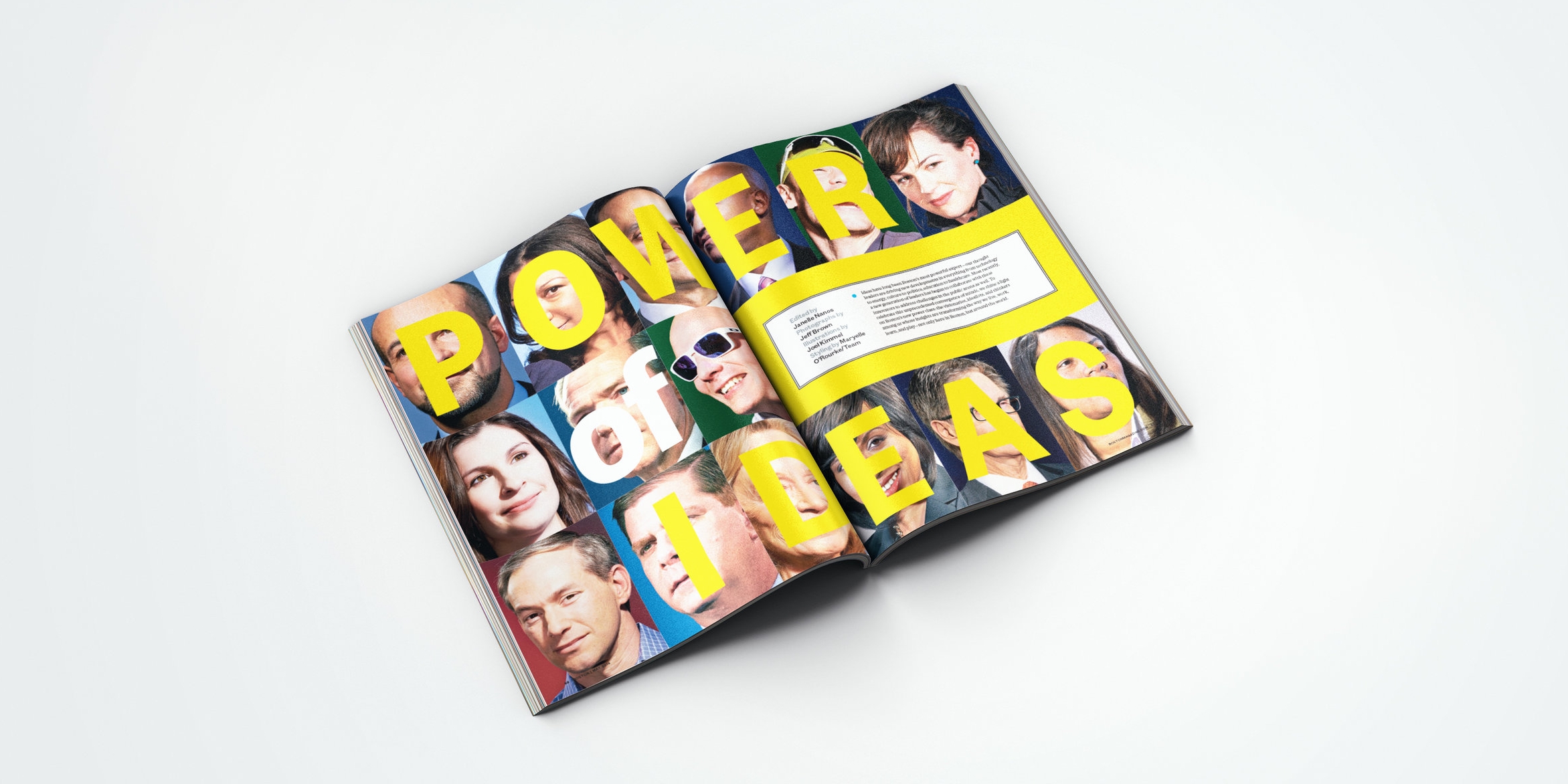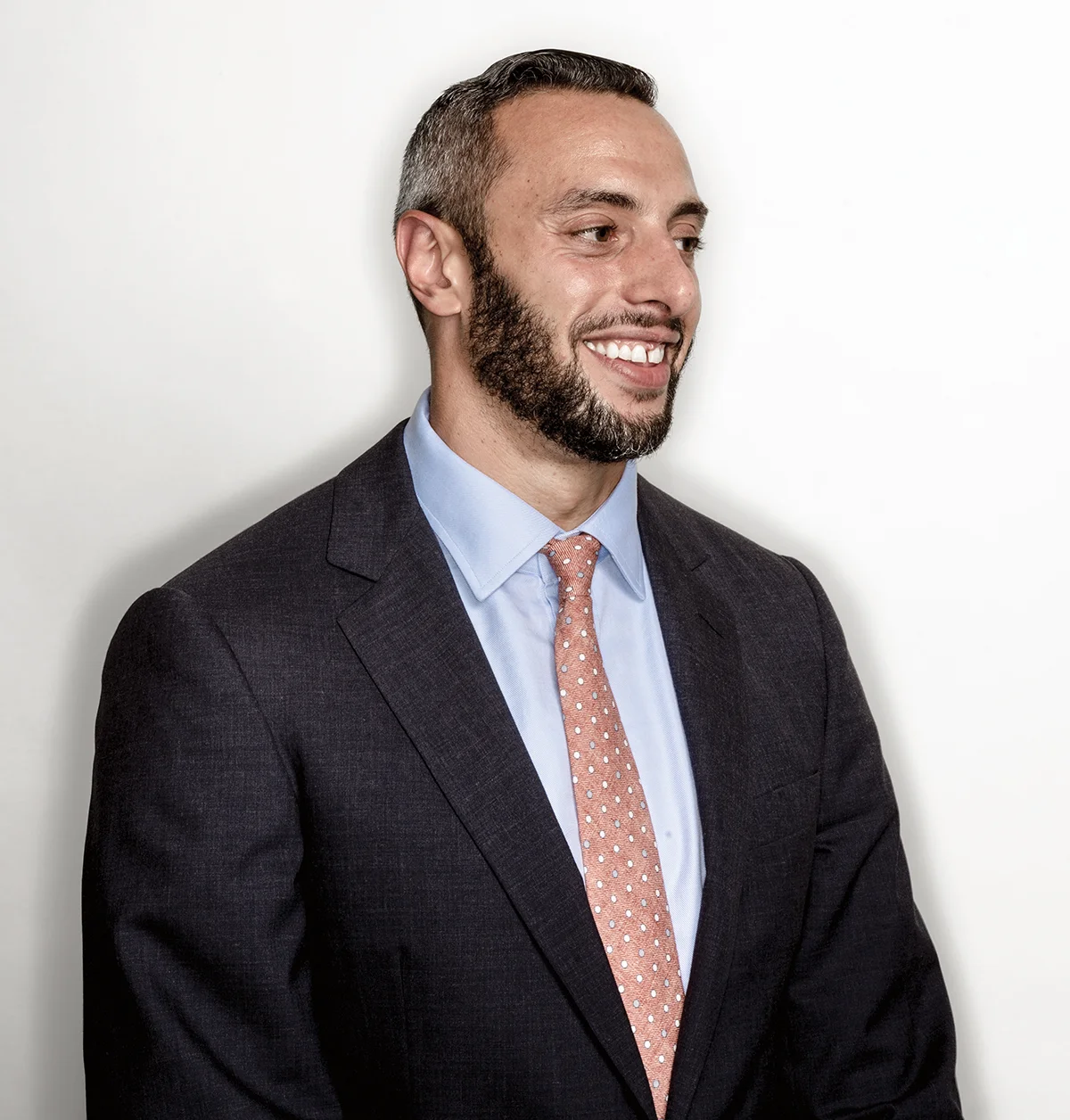
Ideas
Ideas
There are few things I love more about journalism than the ability to call up a brilliant thinker and spend an hour (or more) picking their brain about their big ideas. I've written features on how technology is reshaping our culture, edited Boston Magazine's "Power of Ideas" issue, and launched a column of the same name for the magazine. I've also written for the Boston Globe's "Ideas" section and the Globe Magazine's "Perspective" column on a variety of topics, from spam phone calls to the need for more a open dialogue about miscarriages.
“Zero Waste” is a worthy goal—and a hot hashtag—but a giant leap for most of us. Is it possible to do your part to save the planet without going off the deep end?
Already employed to treat neurological-based movement disorders, the procedure could soon be used on everything from depression to addiction.
As one woman learned, there are powerful reasons not to hide the experience.
Can chemical castration help pedophiles control their desires?
We shine a light on Boston’s new power class: the visionaries, idealists, and thinkers among us whose insights are transforming the way we live, work, learn, and play.
The superintendent of two of Boston’s national parks is shaping the way we think about the city’s history.
She’s created the country’s first leadership initiative to get young Asian-American women into politics right here in Boston.
City Hall’s new chief information officer is the tech-savvy guru who ran the Web component of Obama’s campaigns.
She’s changing how we provide healthcare to the world’s most vulnerable populations.
How a Canadian-born architect plans to expand tech innovation in the city.
Nearly 7 million young Americans lack the skills or education to get a job that will pull them out of poverty. But with the formation of the nonprofit Year Up, Gerald Chertavian has created a solution that’s steering thousands of low-income young adults into Fortune 500 companies. What comes next may change your ideas about higher education.
In Boston’s most dangerous neighborhoods, criminals routinely use women to traffic and hide illegal guns. Can Operation Lipstick, a new education campaign, make a difference?
Local firm Third Rock Ventures has an idea that might make it easier to get groundbreaking therapies to patients—and revive the biotech industry here in Boston.
It’s the headquarters for the Coast Guard’s entire First District. It’s where many victims of sexual assault in the service get sent. And it’s where, all too often, their military careers then come to an end.
After defining ourselves for generations by possessions, a dramatic cultural shift is under way. In the wake of a collapsed economy, what matters to a growing number of Americans is not so much ownership as access. That's made Boston ground zero for a powerful new force: The sharing economy.
Why does Massachusetts—perhaps the most progressive state of them all—have one of the country's biggest wage disparities between men and women?
Siri, the iPhone's sassy personal assistant, was just the beginning. Right now, behavioral scientists are racing to develop a new generation of apps and programs that can mimic compassion, concern, and sympathy—technology they hope we will form relationships with, even fall in love with. Janelle Nanos goes inside this brave new world to find out how our ever-smarter phones are changing what it means to be human.
The American system of higher education, long the envy of the world—and a profound influence on this city's landscape—is under siege. New books and reports raise questions about the staggering dropout rates, sky-high costs, and lack of evidence that anybody is actually learning anything on our university campuses. Suddenly, some very smart people are asking whether the temple of learning is anything more than a shady facade.



















